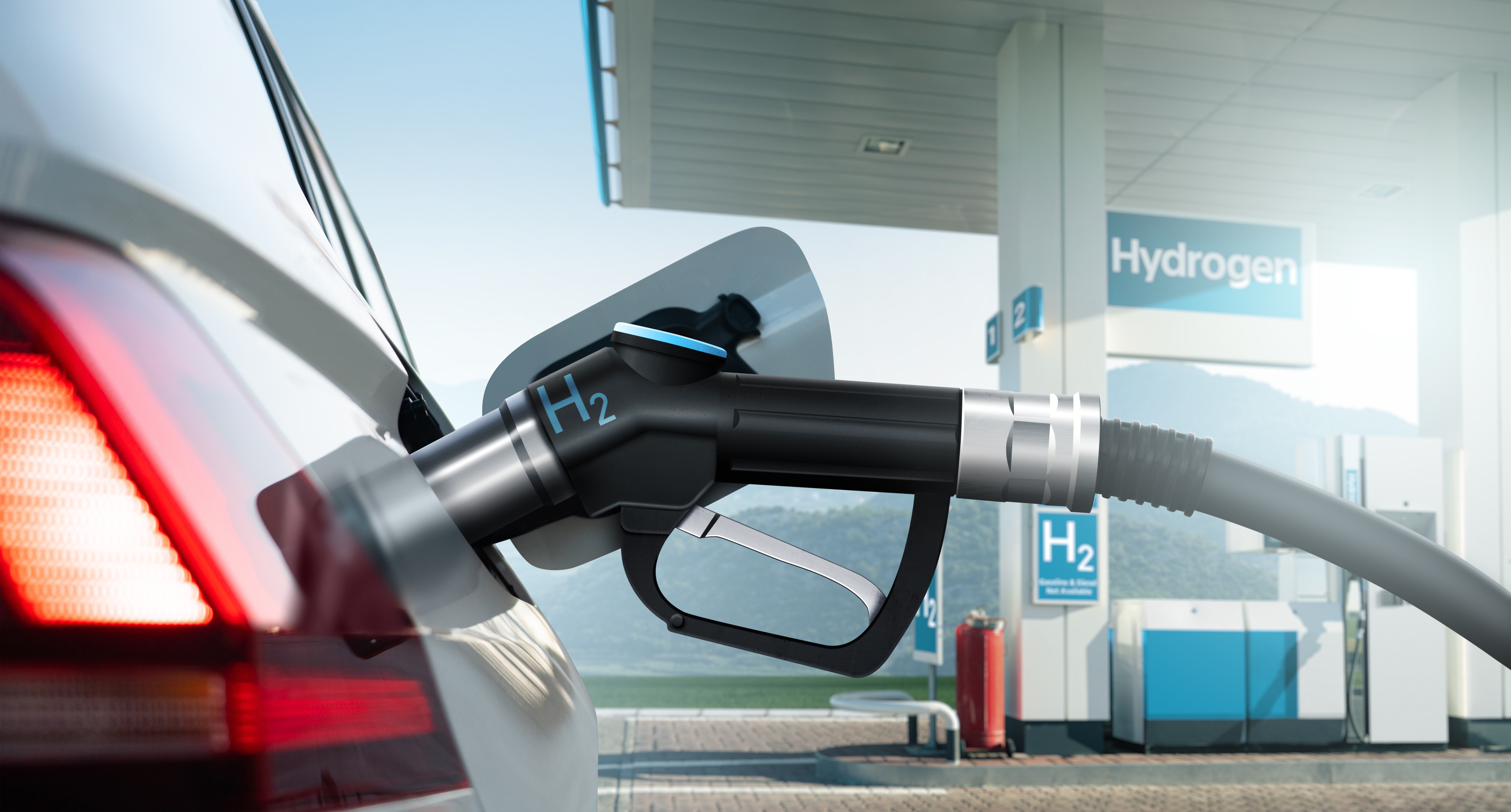Using sound waves to separate materials while recycling fuel cells could prevent potentially harmful chemicals leaching into the environment, according to researchers.
Fuel cells and water electrolysers, essential components of hydrogen-powered energy systems, depend on catalyst-coated membranes containing precious platinum group metals. However, the strong adhesion between catalyst layers and fluorinated polymer membranes (PFAs) – labelled ‘forever chemicals’ – has made recycling difficult.
Researchers at the University of Leicester in the UK have developed a simple and scalable method using organic solvent soaking and water ultrasonication to separate these materials, revolutionising the recycling process.
Collapsing bubbles
A continuous delamination process using high frequency ultrasound splits the membranes to accelerate recycling. The process creates bubbles that collapse when subjected to high pressure, meaning the catalysts can be separated in seconds at room temperature. The innovative process is both sustainable and economically viable, paving the way for widespread adoption.
Jake Yang from the university’s school of chemistry says: ‘We can now separate PFA membranes from precious metals without harsh chemicals, revolutionising how we recycle fuel cells. Fuel cells have been heralded for a long time as the breakthrough technology for clean energy but the high cost of platinum group metals has been seen as a limitation. A circular economy in these metals will bring this breakthough technology one step closer to reality.’
Game-changer
The research was carried out in collaboration with Johnson Matthey, a global leader in speciality chemicals and sustainable sustainable technologies. Ross Gordon, a research scientist with the company, adds: ‘The development of high-intensity ultrasound to separate catalyst-loaded membranes is a game-changer in how we approach fuel cell recycling.’
The researchers say their efforts support a greener and more affordable future for fuel cell technology while addressing pressing environmental challenges.
Don't hesitate to contact us to share your input and ideas. Subscribe to the magazine or (free) newsletter.



